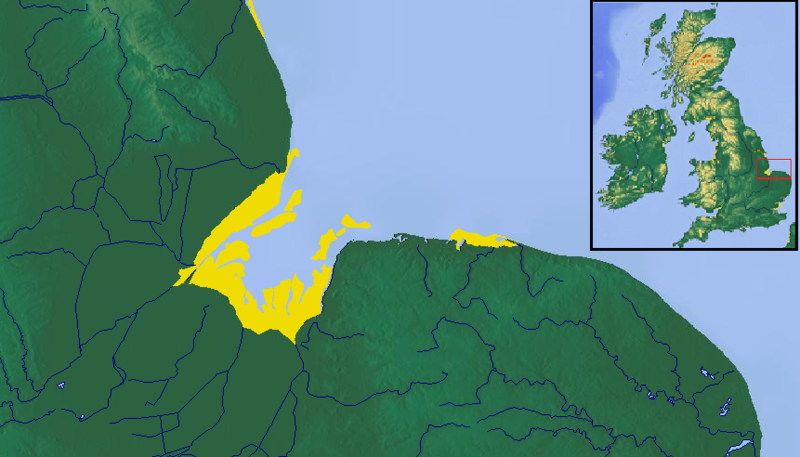 |
| St. Francis of Assisi |
The Mendicant Orders were a 13th century movement that stirred up great controversy in the Middle Ages. Called so from the Latin verb
mendicare (to beg), they rejected wealth and possessions in order to emulate their view of the ideal Christian life.
The first group that earned the title "mendicant" was founded by St. Francis of Assisi (1181-1226). Deciding that a life without material possessions was more godly, he created a group that he called the
Ordo Fratrum Minorum. Literally, this means Order of Minor Brothers—Francis himself referred to his members as
fraticelli, "little brothers"—but from Latin
frater through French
frere the word became
friar to denote these men. Therefore, it is usually now officially called (in English) the Order of the Friars Minor, or the Grey Friars, although colloquially they are called simply Franciscans. His first step was to gather 12 disciples; then he presented his group to Pope Innocent III for official recognition. Innocent was reticent at first, and wanted Francis to return when his group was larger and better established, but (supposedly) he had a dream in which he saw Francis supporting the Basilica of St. John Lateran, which is the Pope's "seat" in his role as Bishop of Rome. Innocent accepted that Francis would support the Church, so he approved the new Order. He had the men tonsured; ordained or not (and Francis never was, another reason that they were "minor" brothers), tonsuring was a mark of their Church connection, and was a way to say "you're part of the team now, so stick with approved doctrine!"
Francis wrote a set of rules that included this:
And let those who have promised obedience take one tunic with a hood, and let those who
wish it have another without a hood. And those who must may wear shoes. All the brothers
are to wear inexpensive clothing, and they can use sackcloth and other material to mend it
with God's blessing.
Maybe it was a dissatisfaction with the growing wealth and opulence
of the church, or a desire to do something toward Salvation that didn't
require traveling on Crusade, or merely the eloquence of the messengers
and the attraction of the message, but the Order grew quickly. Franciscans traveled to preach in England, France, Spain, Hungary; Francis went to Egypt, but returned to make sure the message of the Friars Minor was not being diluted by too many new ideas. Still, he did not feel the need to "rule" his Order: in 1220, he resigned his position as its head, leaving it to Peter of Cattaneo (who died in 1221) and then Elias of Cortona (who, with Franciscan humility, always signed his name "Brother Elias, sinner).
 |
| St. Clare of Assisi |
He also formed, with St. Clare of Assisi, a sister order; as well as the Third Order of St. Francis for lay people who wish to live as nearly as possible a godly life while still being part of the world.
The nice thing about being a saintly person and creating your own fan club while alive is that, upon your death, your memory is likely to spur people to action. Elias of Cortona immediately started to raise funds for building a church to Francis in Assisi, and labored to get him canonized—which he was, less than than 2 years after his death, by Pope Gregory IX. The new church was far enough along by June 1230 to receive Francis' body.
The Mendicant Orders, and the Franciscans especially, would become involved in serious debates in the future over whether priests or the Church should own property. Those arguments are what provided Umberto Eco with the setting for his best-selling first novel,
The Name of the Rose.



